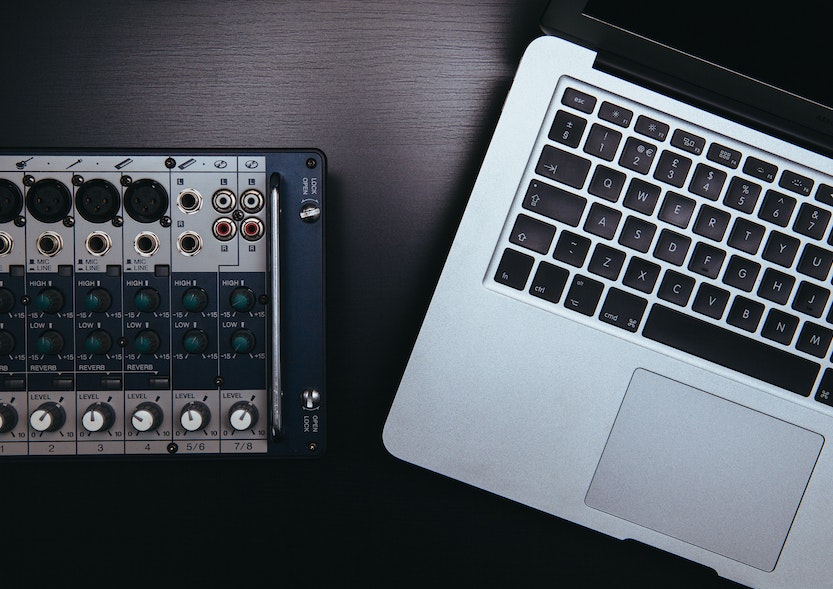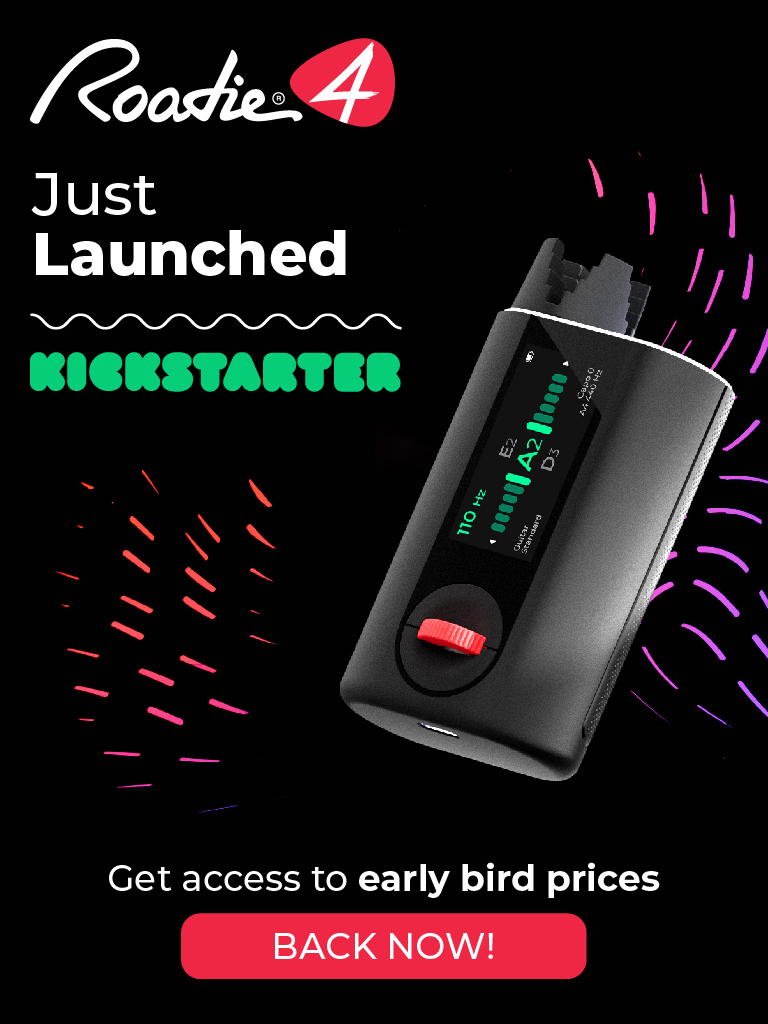
The question of analog vs. digital has been around for quite a while. The debate over which is better
has withstood the test of time and keeps raging on. Naturally, technology has drastically transformed the way music is created, recorded, and consumed. But what is really the difference between those two?
Analog and digital formats represent two distinct approaches to music production and playback, each with its unique characteristics and fervent supporters. There are some key differences between analog and digital in the realm of music, and in this article, we explore some of them.
Analog Music: Nostalgia and Warmth
Analog music refers to the traditional method of recording and reproducing sound waves. It relies on physical formats such as vinyl records, cassette tapes, and reel-to-reel tapes. Analog recordings capture sound as continuous variations in physical properties, translating them into electrical signals.
This analog format is revered for its warm, organic, and immersive sound quality, often accompanied by a nostalgic sentiment. Vinyl enthusiasts, in particular, appreciate the tactile experience of handling records, examining album artwork, and enjoying the occasional pops and crackles that add character to the listening experience.
Analog music production
Analog music production involves using analog instruments, amplifiers, and recording equipment. The process typically involves capturing live performances or mixing down multiple tracks onto tape, resulting in what some believe to be a more authentic and raw representation of the original sound. Many musicians and audiophiles argue that analog music possesses a certain depth, richness, and dynamic range that digital formats struggle to replicate.
Naturally, all of this is open to debate, as depth and richness are very subjective when it comes to music. What is deep for you, may not be so for me and vice versa
Digital Music: Precision and Convenience
Digital music, on the other hand, is the product of digitizing analog audio and storing it as data. It emerged with the advent of digital recording technologies and computer-based music production. Digital formats include CDs, MP3s, streaming services, and software synthesizers. Unlike analog, digital music is encoded as discrete numerical values, allowing for precise and accurate replication of sound.
Digital Music Production
Digital music production offers unparalleled flexibility, convenience, and affordability. With powerful digital audio workstations (DAWs), musicians can record, edit, and mix music entirely within the digital realm. The digital format allows for seamless manipulation of audio, enabling artists to experiment with a vast array of effects, virtual instruments, and electronic sounds.
In the past, you’d have to either have a recording contract or be rich in order to make a good analog record, as all of the analog equipment was extremely expensive. Nowadays, anyone with a computer and some basic gear can record at home.
Additionally, digital music can be easily distributed and accessed across various platforms, revolutionizing the way we consume and discover music. This further erodes the need for a record label and gives massive convenience to the music maker.
The Digital-Analog Divide
The analog vs. digital debate largely centers around the perception of sound quality. Analog enthusiasts argue that the unique imperfections and inherent limitations of analog recordings contribute to a more authentic and enjoyable listening experience. They believe that digital formats, despite their technical precision, can sound sterile, lacking the warmth and character associated with analog recordings. These individuals often cite the “loudness war,” where digital mastering techniques have led to overly compressed music, resulting in a loss of dynamic range.
Digital proponents, however, contend that the convenience, portability, and accessibility of digital music outweigh any perceived shortcomings in sound quality. They argue that modern digital technologies have advanced to the point where high-resolution audio can rival or even surpass analog formats. They highlight the benefits of digital signal processing, noise reduction algorithms, and the ability to store vast music libraries in a compact digital form.
Analog vs. Digital Debate
While the analog vs. digital debate may continue indefinitely, it is worth noting that the lines between these two formats have become increasingly blurred in recent years. Musicians and producers often incorporate elements of both analog and digital in their creative processes. For instance, analog synthesizers and effects pedals are often used in conjunction with digital recording and editing techniques, combining the best of both worlds.
Ultimately, the preference for analog or digital music comes down to personal taste, nostalgia, and the desired listening experience.
Today vs Yesterday
In the past, you’d have to think carefully about which albums to buy. That is because if you only had the money for buying 10 albums, that would leave out other albums that you’d also want to have. As a result, you had to choose carefully.
Think of it in terms of taking pictures. Before, you’d have to really prep each picture to avoid waste. Rolls came with a very finite amount of shots, and that was it. Then you’d need another roll and the money to develop it.
Nowadays, there is no limit to how many pictures you can take, and it can easily go into the thousands with no real extra cost involved.
The same is true with music. With ten albums, you’d have access to about 100 songs. But nowadays, with platforms and other tools like YouTube, you can check out any album ever. In other words, you have unlimited and unprecedented access to music. You also have unlimited access to videos, movies, books, online courses, etc. Do you really want to go back to the past? If you answered yes, then toss your iPhone in the trash can!
In short, the analog vs. digital debate will not go away anytime soon. In reality, you can do whatever works for you, without the need to engage in senseless debates about what is better or worse. The truth is, progress marches on, and I for one, do not want to have to type articles up on a typewriter. Yes, that would be making an analog vs digital choice, but I’d rather not. Thank you.


